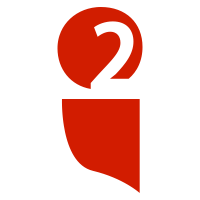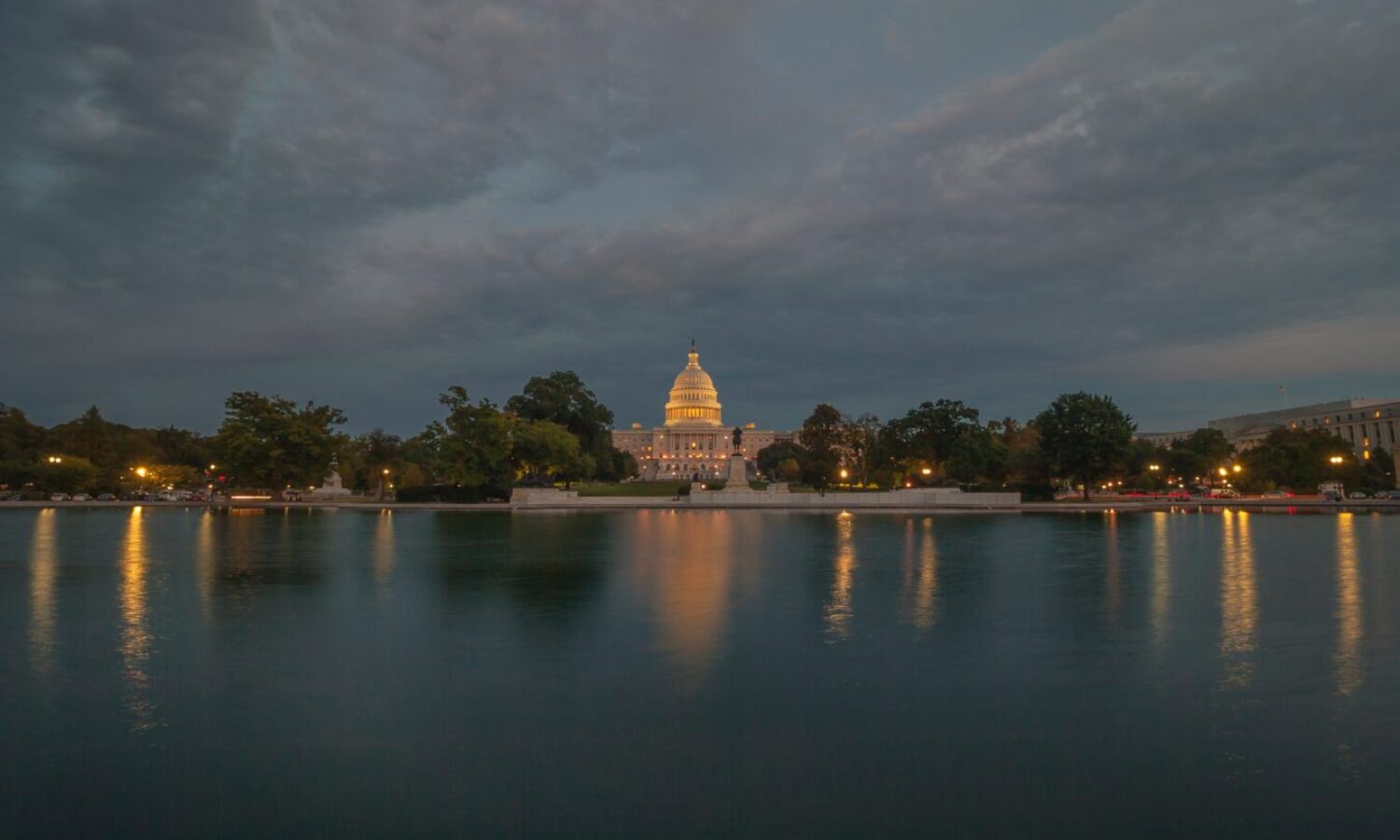i2Coalition July 2020 Legislative Brief
Above photo by Bob Bowie from Unsplash
Your quick public update on important Internet policy issues.
OUTLOOK
After bipartisan negotiations on police reform legislation stalled, Congress began a recess period in early July and returned to Washington on July 20th. While Congress re-engages on some non-COVID-19 related bills, its top focus prior to the next recess period expected in August will be urgent work on additional economic stimulus measures, informed by close monitoring of the nation’s COVID-19 case levels and impacts of the states’ phased reopening procedures and targeted pauses in hard-hit areas.
For the tech sector, Section 230 and Big Tech antitrust concerns have dominated Washington policy discussions this summer. The limited amount of remaining legislative days in the Congressional 2020 calendar will significantly circumscribe the chances for final action on tech-related bills. Absent passage of legislation on pending tech matters before the end of the year, these major issues will return for continued robust debate and consideration in the next Congress following the Presidential election.
Section 230/Intermediary Liability. The scope of Section 230 reform proposals has broadened significantly. On July 2 the Senate Judiciary Committee held a markup and unanimously approved an amended version of the EARN IT Act, but this bill’s momentum toward a Senate floor vote has been slowed by the introduction of an alternative bill in the Senate Commerce Committee by Senators Thune and Schatz. Schatz and Thune have proposed requirements for transparency and accountability of large social media platforms’ content moderation practices and policies. Additional separate bills also emphasizing transparency are being drafted by House Energy and Commerce Committee members Rep. Walden (R-OR) and Rep. Schakowsky (D-IL). As the 2020 Presidential election draws closer, especially in the wake of the July 15 hack of the Twitter accounts of top politicians, billionaires, and celebrities, policymakers’ concerns about preventing the spread of disinformation on large social media platforms are rising.
Copyright. The Senate Judiciary IP Subcommittee is continuing its consideration of DMCA Section 512 reform with a late July hearing addressing whether the DMCA contemplates limitations and exceptions such as fair use. The House Judiciary staff plans to hold DMCA Section 512 reform “listening sessions” with groups of stakeholders in the coming weeks.
Federal Privacy. Federal privacy discussions have continued to focus on contact tracing and exposure apps in response to COVID-19, with consideration of comprehensive privacy legislation stalled. Debate about the adequacy of transatlantic data protections has reignited as a result of the July 16 ruling by the EU Court striking down the Privacy Shield agreement, which has significant implications for tech companies operating overseas.
Antitrust/Competition. The House Judiciary Subcommittee on Antitrust will hold a much-anticipated tech antitrust investigation hearing on July 27 featuring appearances by the CEOs of Amazon, Apple, Facebook, and Google. The House Energy and Commerce Committee is planning a hearing in September focused on the impact of big technology platforms on a variety of issues including election security, bias, content moderation, COVID-19 and racial inequality.
Broadband. Additional legislation has been introduced in Congress to expand broadband access in rural and low income areas, fueled by the impact of COVID-19 and the need especially for expanded telehealth, online learning, and remote working.
For more in-depth updates about Internet policy, please contact us about joining the i2Coalition.


